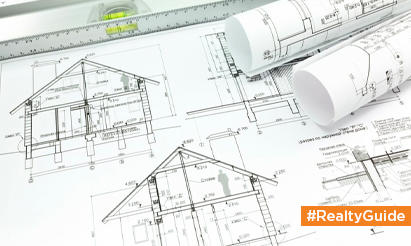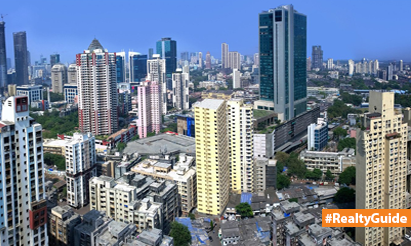A Guide to Building Completion Certificates!
When purchasing a home, you must receive many important paperwork from the builder or developer. A building completion certificate, or CC, is an important document that every homeowner should have. This document, like the name suggests, indicates that the building’s construction is finished and ready for occupancy.
A building completion certificate is not necessary when registering the property, however it is highly recommended. A construction competition certificate, according to the regulations, legalises the property. No one may occupy a building unless the developer obtains an occupancy certificate from the appropriate local municipal or civic organisations. The corporation or municipality may require the owners of such illegally occupied dwellings to evacuate their premises or levy heavy fines.
Moreover, the certificate is required to obtain a bank loan. If you intend to resell the home, you will also need the building completion certificate.
Continue reading to discover about the importance of this certificate, how to obtain it, and the papers necessary. We have given all pertinent details on the building completion certificate.
What Does a Building Completion Certificate Mean?
A building competition certificate is a legal document that verifies the legitimacy of a certain real estate proposal. The certificate is issued by the appropriate authorities after the building’s construction, whether residential or commercial, is complete and suitable for occupancy. It guarantees that the building is constructed in accordance with the approved plan and the rules established by the local development authority. Every builder or building owner needs a completion certificate to establish the project’s legality. This certificate is also required for a homeowner to utilise company utilities such as electricity and water.
The completion certificate for the construction covers all critical facts, such as the building plan, elevation, and alternative additional. As a result, when you ask for a competition certificate, local authorities check the building project before issuing it. The certificate demonstrates that the applicant (builder) created the building in accordance with common law and guarantees the property’s quality.
Provisional Certificate of Completion
A provisional CC is a temporary certificate that is only valid for a limited time. Because the short CC is only valid for six months, the construction must be finished within that time frame. Following six months, the developer will be able to award the full completion certificate.
If the builder desires to transfer ownership of the structure to the property owner, he or she may issue a temporary building completion certificate. It can be provided while the property is halfway constructed.
Certificate of Possession Or Occupancy
Following acquiring the certificate, the developer/builder of the project must get the occupancy certificate or OC from the local authorities. The certification confirms that the building complies with all conventional building codes and provincial legislation and is safe to live in.
The occupancy certificate is issued by the local municipal authority or building proposal department, declaring that they do not oppose the occupancy of the building in question for its authorised purpose. The OC is only issued after the installation is complete and suitable for occupation. Only if the homeowner possesses an occupancy certificate is the homeowner’s possession of the property deemed legal.
How to Obtain a Certificate of Completion
After the building is completed, the builder or developer can file for a completion certificate. The applications should be submitted to the appropriate local municipal organisation, like the Municipal Corporation or the local development authority. The regulations will only issue the completion certificate after analysing the construction.
Finishing the Certificate of Completion
When purchasing a home from a developer or builder, it is critical to request the building completion certificate. Only after the building obtains a completion certificate will the authorities consider it legal. It also ensures that the construction has all of the needs, such as a consistent power and water supply. Without CC, the builder cannot seek or present you with an occupancy certificate. You will also need CC to claim income tax benefits on the home loan or to resell the property.
Moving into a property without a CC is illegal, and local authorities may order you to pay a fee or quit the property. Buying such a residence without CC is thus a bad idea.
Disclaimer: The views expressed above are for informational purposes only based on industry reports and related news stories. PropertyPistol does not guarantee the accuracy, completeness, or reliability of the information and shall not be held responsible for any action taken based on the published information.





It’s informative, but additional perspectives would enhance it. Including diagrams or photos of construction phases would help readers visualize the process better.